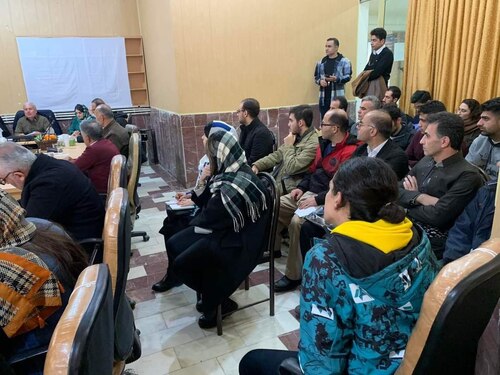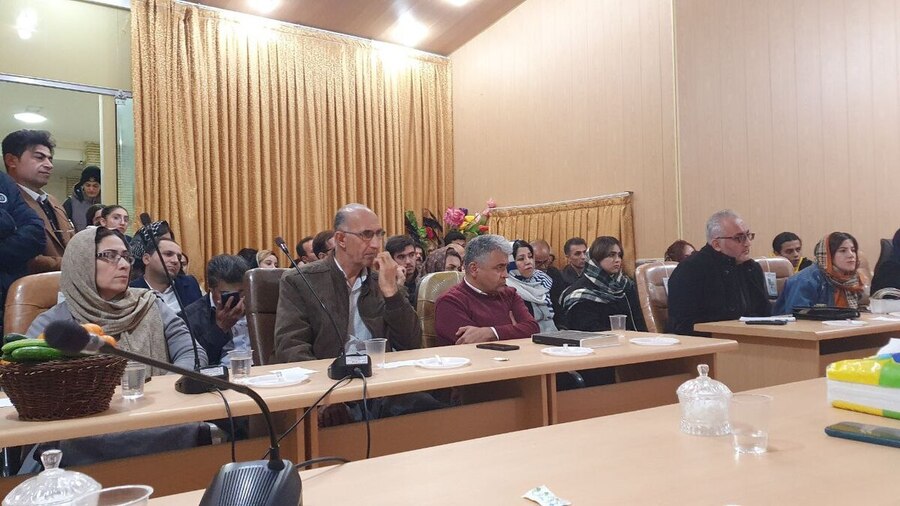Kurdshop
First, the message of Soran Hama Rash was read out; then the conference was held, which is summarized below.
In his speech, Mr. Habibi said: This book of Dr. Soran Hama Rash contains some new and different words. The author is a linguist and has devoted thirty years of his life to linguistics and the study of history. There is a difference in this book and it is bringing a new discourse into Kurdish history and presents a number of evidences for it. This book deals with the history of the Middle East differently, saying that the history written for this region was written by Europeans or foreigners. Since the seventeenth century, when the idea of nationalism was formed among them, they have misrepresented or destroyed the history of many nations to prove their hegemonic project of attributing everything to Europe.
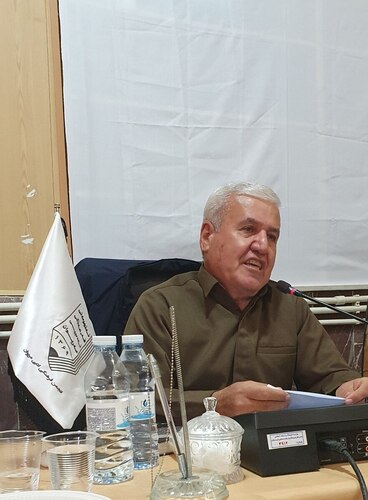
Mr. Saleh Habibi
Soran Hama Rash points out that only some of the Western historians came to Kurdistan and that part may not have had much knowledge about the Kurds, or may not have read Kurdish history at all. They wanted to create several nation-states such as Iraq, Turkey, and Syria for their interests in the Middle East after World War I. The truth is that the borders of these states are set on Kurdistan territory and to impose a false reality on us, they have erased, marginalized, or distorted the facts of Kurdish history, and the Kurds have been oppressed a lot. The author, despite being very critical of the Europeans, says: Those who wrote this history for us have expertly come to erase or marginalize the Kurds. Although Mr. Soran criticizes them, he uses their evidence to write his book.
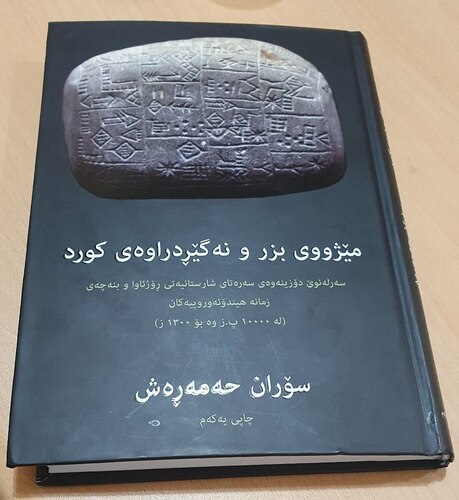
Mr. Salih Habibi continued his speech: "Soran Hama Rash", in writing his book used an academic method, and the monuments are introduced and those who have worked on the Kurds, he cites their names and works as evidence. In the book, he says that the Kurds have an older history than what exists now, and along with a lot of evidence, including linguistics, takes the Kurdish language back to the language of the Sumerians. He says: Today's Kurds are the remnants of the Sumerians and what has been said about the Kurds is a kind of misrepresentation of history.
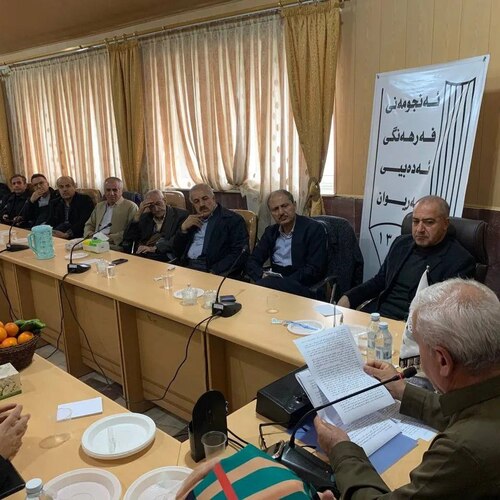
In the second part of the conference, Dr. Afrasiab Jamali, a doctorate in history, critically discussed the book "The Lost and Untold History of the Kurds" and said:
Writing about history is easy but also difficult. It is easy for anyone to allow themselves to write whatever they like. This has been demonstrated, at least in the Middle East, over the past two centuries, where many people have written about history, and there is no institution to prevent anyone from writing about history in any field they have studied. However, we have a major factor, which is “survival” and over thousands of years, the historical sources that Mr. Soran Hama Rash mentioned in his book have survived. From Ibn Hawqal to Dinawari, thousands of others wrote history but their names are gone or no one mentions them. Only those who have written something decent and appropriate will remain.
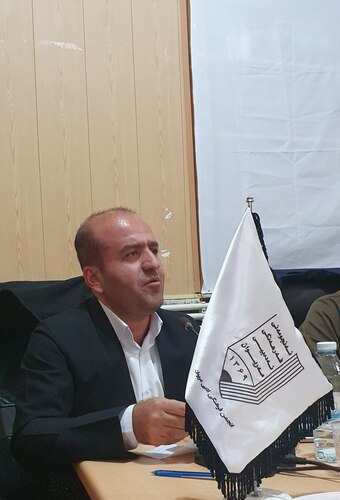
Dr. Afrasiab Jamali
Writing history today falls into two categories: one is the politicization of history or the nationalist, or religious direction. For instance, someone as a believer likes to write about the history of Islam, so he looks at the subject with love and writes whatever he likes; they don't care much whether he uses serious evidence or not, because he expresses his love in his writing. In the field of nationalism, in the past hundred years, the Persians who wanted a monarchy and a sultanate have written thousands of documents and books about Iran, especially about Reza Shah or the Pahlavis, which are full of love for Reza Shah, and even Asadullah Alam. Writing history has its style and in the field of science, no one should allow himself to write what he likes, what he finds, or what he sees, without a scientific method to make a historical book and publish it.
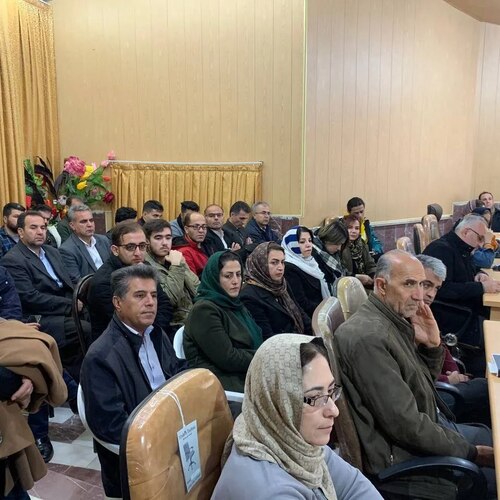
Dr. Jamali continued his speech on the book: “First the name and title that Mr. Soran Hama Rash has chosen for his book makes a question. Also, in the research style and books, many rules must be considered that are not reflected in this book, namely the background and research literature in which the author must discuss the work that has been done in this field before. Instead, he says: Nothing has been done before me. Kurdish universities and Kurdish personalities have not done it. However, in my opinion, a good job has been done and he has quoted all the topics, factors, and things that are in the previous books, but he has not mentioned them as the background of the research literature. In academic work, if someone uses the works and research of others, he must cite in the research literature section from whom he got these and that these works were done before me, but I think they are wrong or I do not consider them serious. He titles his book “The Untold History of the Kurds”, but much work has been done on the Kurds, although the work is fragmentary, or may not have been collected in a department or encyclopedia.
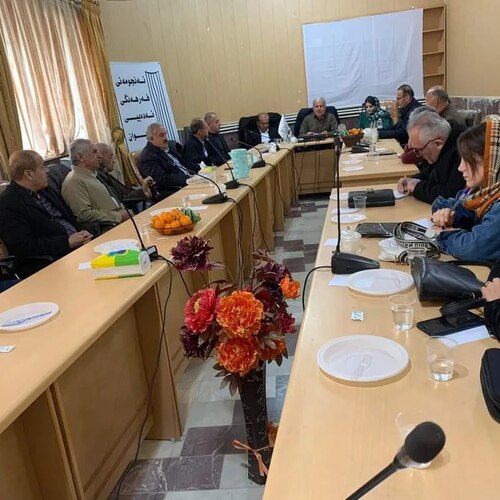
The “second” criticism is the process of investigation or the state of investigation. In scientific and academic work, especially in the field of history, you must have a research process and say on what basis I should work and I have discovered something new which is basic and important. This is not clear in the book. There is one assumption in this work: that the Sumerians are Kurds. If the author had just completed this article as a hypothesis and said that he wants to prove that the Sumerians are Kurds and then come to linguistics and prove it with the evidence available, his work would have been scientifically important. The "third point" that I must mention is a theoretical subject, and if one is to do historical work, he must have a theory. He could have developed his work based on Oriental theory for consideration in universities and scientific centers.
